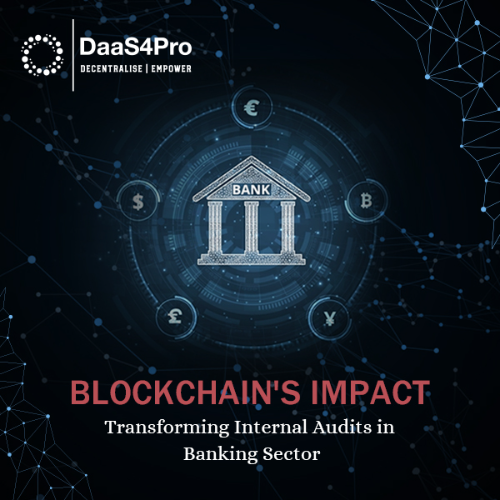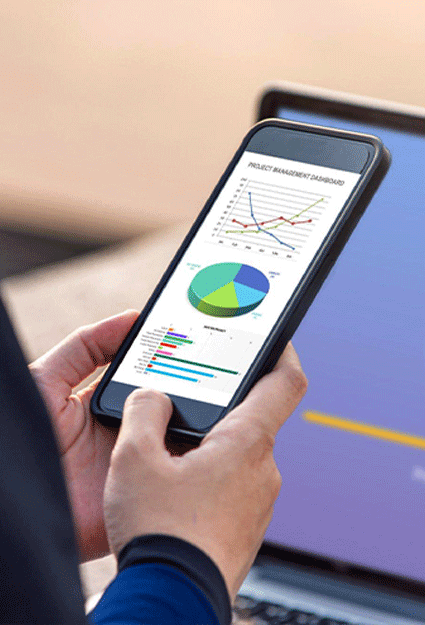

Blockchain's Impact: Transforming Internal Audits in Banking
The banking sector is undergoing a significant transformation driven by technological advancements. One such innovation, blockchain, is poised to disrupt traditional internal audit practices, offering a more secure, efficient, and transparent approach.
What is Blockchain and How Does it Impact Audits?
Imagine a shared, secure ledger that records every transaction chronologically and immutably. That's the essence of blockchain. The blockchain technology underpins cryptocurrencies but holds immense potential for the financial industry, including internal auditing.
-
Enhanced Security: Blockchain transactions are tamper-proof. Once a record is added, it cannot be altered or deleted, creating an unbreachable audit trail. This reduces the risk of fraud and manipulation of financial data.
-
Streamlined Efficiency: Manual data reconciliation is a time-consuming task for internal auditors. Blockchain automates this process, allowing for near real-time data verification and faster audit completion.
-
Improved Transparency: All authorized participants on the blockchain network have access to the same data. This fosters transparency within the bank and strengthens trust between internal audit and other departments.
Transforming Internal Audits with Blockchain
Here's how blockchain can revolutionize internal audits in banking:
-
Continuous Monitoring: Blockchain enables continuous audit, where transactions are automatically monitored and verified in real-time. This allows for early detection of anomalies and potential control breaches.
-
Smarter Sampling: With complete and reliable data on the blockchain, auditors can move away from traditional sampling techniques and focus on higher-risk areas.
-
Focus on Controls: Reduced transaction verification time frees up auditors to delve deeper into internal controls, improving their effectiveness and risk mitigation strategies.
The Road Ahead
While blockchain offers exciting possibilities for internal audits, challenges remain. Regulatory frameworks need to adapt to this evolving technology. Additionally, integrating blockchain with existing banking systems requires careful planning and collaboration.
Bottom Line
The integration of blockchain in internal audits presents a transformative opportunity for the banking sector. By embracing this technology, banks can achieve a new level of security, efficiency, and transparency in their financial processes. As the technology matures and regulations adapt, we can expect blockchain to become a cornerstone of robust and future-proof internal audit practices.




